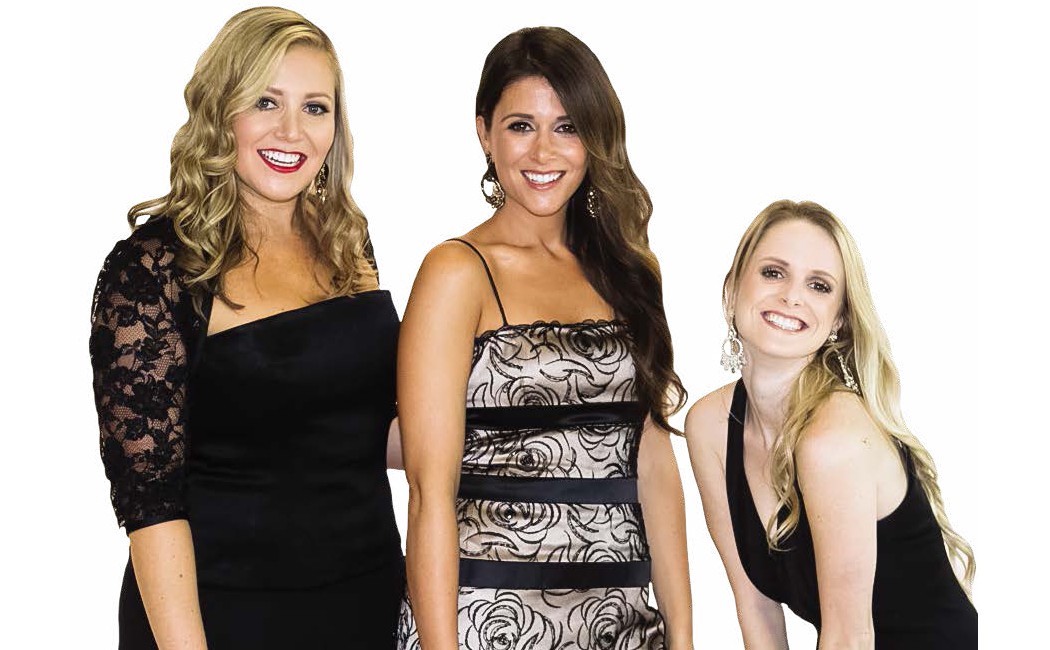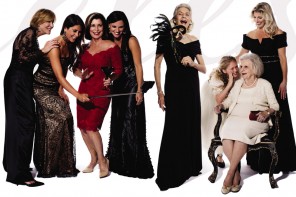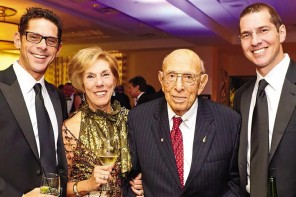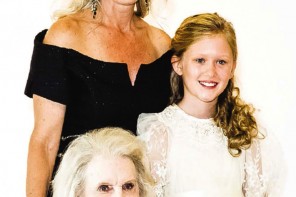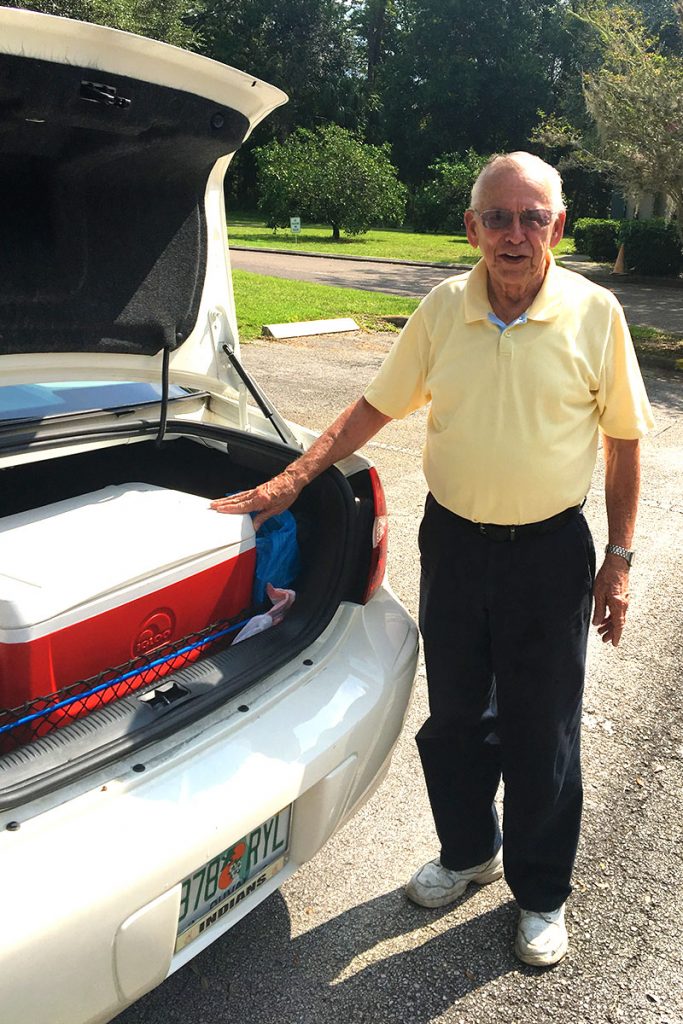It’s not unusual to have four generations of family members older than 21 working simultaneously with nonprofits like The Community Foundation, said Goldseker, who helps people articulate their philanthropic identity and clarify their values. She referred to a 2013 study of 21 to 40 year olds from wealthy families conducted by the Dorothy A. Johnson Center for Philanthropy at Grand Valley State University in Michigan and 21/64, which identifies generations as: Traditionalists, born 1925 to 1945; Baby Boomers, 1945 to 1965; X, 1965 to 1980; Y or Millennials, 1980 to 1995; and Z, 1995 to 2015.
The report titled “Next Gen Donors: Respecting Legacy, Revolutionizing Philanthropy” reveals what is most important to Generations X and Y, who stand to inherit that unprecedented wealth:
Driven by Values, Not Valuables:
They seek a balance between honoring family legacy and assessing the needs and tools of the day. They fund many of the same causes that their families support and give locally, so long as that philanthropy fits with their personal values.
Impact First:
They see previous generations as more motivated by a desire for recognition or social requirements, while they see themselves as focused on impact. They want impact they can see, and they want to know that their own involvement has contributed to that impact.
Time, Talent, Treasure and Ties:
They want to develop close relationships with the organizations or causes they support and they want to listen and offer their own professional or personal talents, all in order to solve problems together. They believe that collaborating with peers makes them all better donors and extends their impact.
Crafting Their Philanthropic Identities:
They learn most from seeing and doing, or even hearing from others about their own authentic experiences of seeing and doing. Rather than waiting until the sunset of their lives to decide who they are as philanthropists and what legacies they want to leave, these next gen major donors actively craft their identities now and think about their own legacies.

